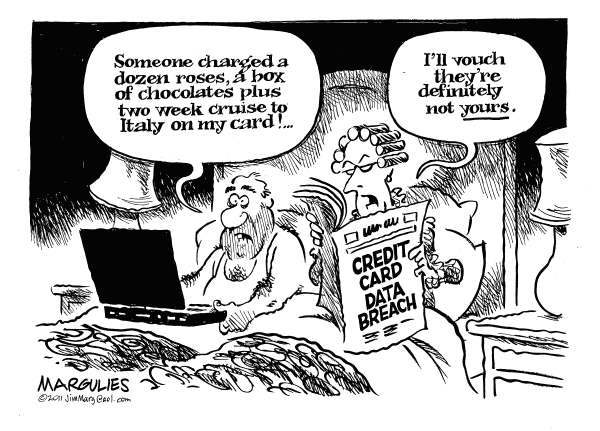Types of Scams
Lottery Scams
Lottery scams are scam emails that tell the recipients about winning money in a lottery. In a lottery scam the recipients are usually instructed to keep the notice secret and to contact an agent named in the email. After contacting the agent, the recipients are asked to pay money as fees. The recipients never receive any lottery payments. Lottery scams are another form of advance fee fraud.
Phishing email
The act of sending an email to a user falsely claiming to be an established legitimate enterprise is an attempt to scam the user into surrendering private information that will be used for identity theft.
Phishing email will direct the user to visit a website where they are asked to update personal information, such as a password, credit card, social security, or bank account numbers, that the legitimate organization already has. The website, however, is bogus and set up only to steal the information the user enters on the page.
For more information go see our Phishing Emails page.
 Fake Web Addresses
Fake Web Addresses
Cybercriminals sometimes register web addresses (also called "domain names" or "URLs") that are similar to the web addresses of popular websites or are common misspellings of popular websites.
For example, instead of www.microsoft.com, cybercriminals might create a web page with the address: www.micrsoft.com; www.micosoft.com; www.mircosoft.com.
Scammers register these web addresses in order to compete with popular sites or to earn money through advertisements. If you enter an incorrect web address, you might be taken to a place where you'll see an ad for the site you really wanted. But if you click that ad, you might get to where you want to go, but you might also help scammers earn money, which in turn might increase the cost of merchandise from the scammed company. Your computer might also get infected with malicious software.
Source: http://www.microsoft.com/security/online-privacy/cybersquatting.aspx
http://definitions.uslegal.com/l/lottery-scam/
Image: http://www.cagle.com/2011/06/credit-card-data-breach/ and https://audriussapola.wordpress.com/2012/06/29/fighting-fraud-abroad-the-lithuanian-story/
/ua-templates/version3/images/swbanner/swlogo-hz.png)

/ua-templates/version3/images/swLogo.gif)